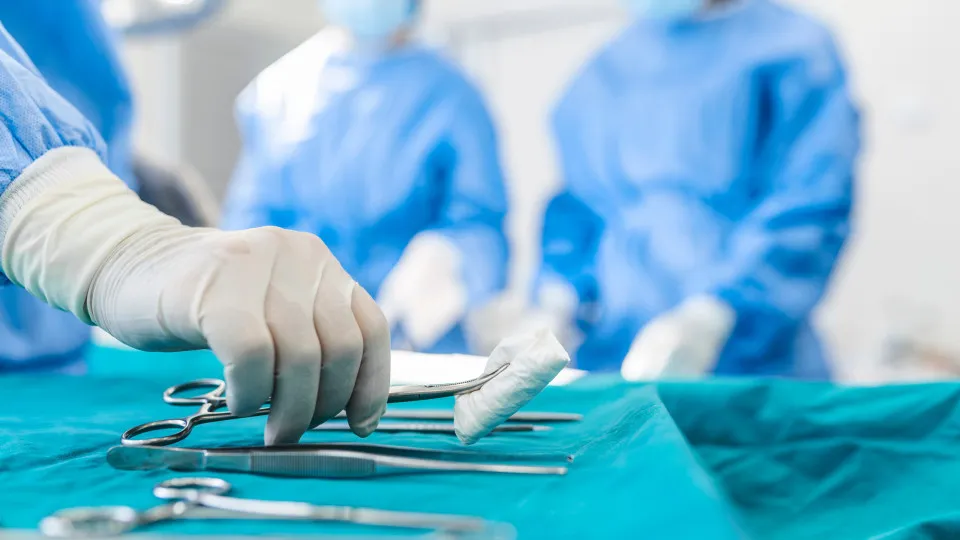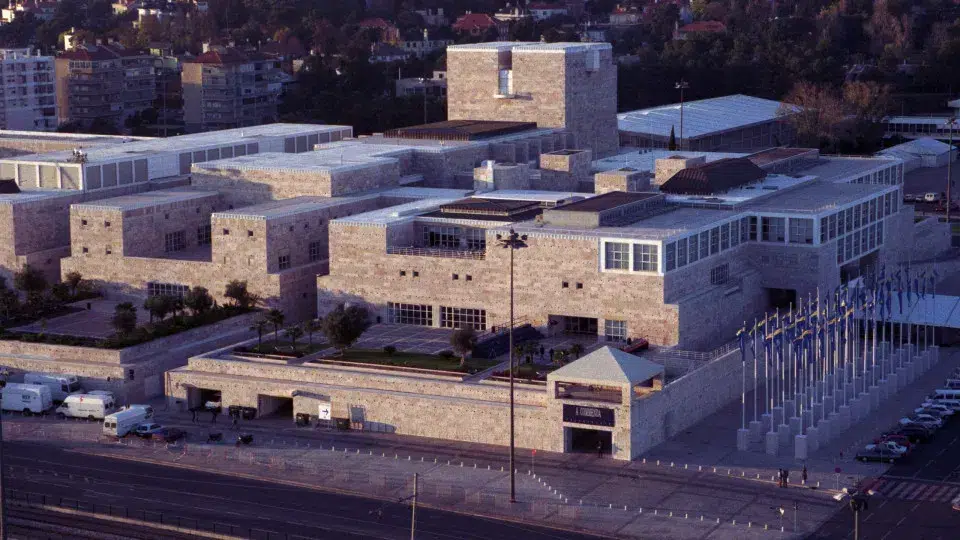
The São José Local Health Unit in Lisbon introduced the first surgical robot of the National Health Service on November 8, 2019, and since then, it has seen an annual increase in the number of procedures performed using this technology.
“Since the inauguration of its surgical robot, the first of the NHS (…), the São José Local Health Unit has conducted 2,805 robotic surgeries, establishing itself as a national and international reference in robotic surgery,” the institution stated in a note sent to the Lusa news agency.
Currently, São José has two surgical robots, utilized in specialties such as urology, colorectal surgery, bariatric, hepatobiliary, pancreatic, endocrine, esophagogastric, thoracic, gynecological, and pediatric surgeries.
An analysis of annual data shows “a marked increase” in the number of surgeries performed using robotics.
In 2020, there were 158 surgeries, a number that rose to 257 in 2021, 392 in 2022, 471 in 2023, and 850 in 2024.
This year, until September 30, 618 robotic surgeries have been recorded.
“These numbers place São José at the forefront of robotics and reflect our commitment to innovation. We are the largest and most experienced robotic center of the National Health Service,” stated the Chairwoman of São José’s Board, Rosa Valente de Matos.
The chairwoman also highlights “the benefits of this technique in patient recovery and also in the retention and motivation of professionals.”
The main advantages of robotic surgery include higher surgical quality, associated with less blood loss, reduced pain, faster recovery, and better cosmetic outcomes.
Moreover, with this method, the surgeon performs the procedures seated, an ergonomically more suitable position, significantly reducing physical discomfort during prolonged operations.
“The latest innovations in robotics include the use of a single incision — ‘single port’ — for passing instruments, force feedback on the instruments in the surgeons’ hands, machine learning for surgical image analysis, and augmented reality with overlay of actual surgical images with those obtained by imaging for guided surgery,” the institution noted.
São José has been a pioneer at the national and international level in this area, exemplified by the February 2024 execution of the first-ever liver transplant with robotic technology in Europe, and more recently, the country’s first liver transplant using two surgical robots simultaneously, one for the recipient and another for the organ donor.




